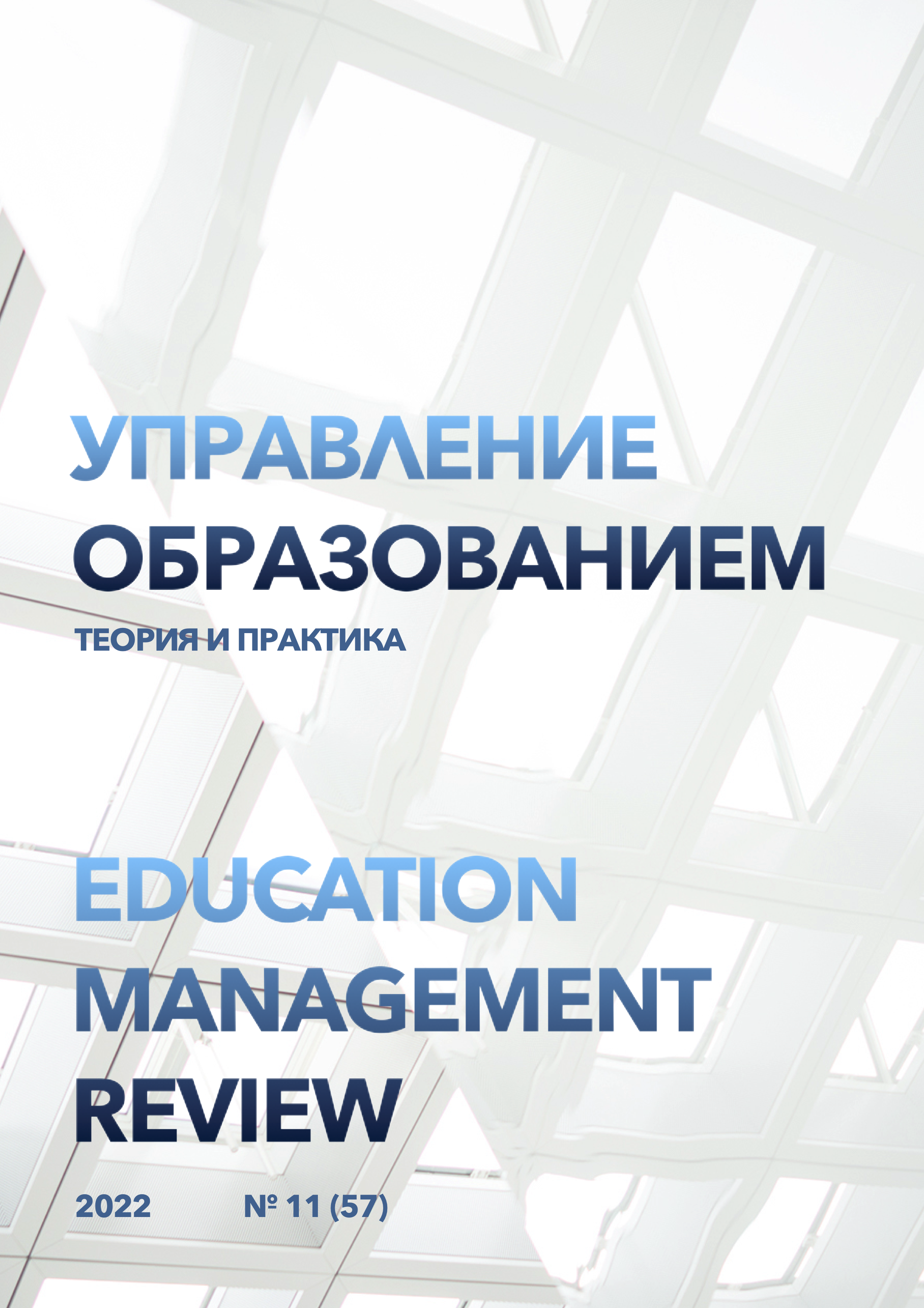The Hebrew language and the English language in the education system of modern Israel
DOI:
https://doi.org/10.25726/h1207-6176-5412-pKeywords:
hebrew, English, Israel, Academy of the Hebrew language, Ministry of educationAbstract
The article discusses the consequences of the widespread introduction of the English language in Israel. More recently, Hebrew has been revived as the national language of the entire Jewish people. One of the questions is whether the widespread introduction of English, especially in the field of education and science in Israel, will lead to a weakening of the status of Hebrew, or this language will retain its position. The author analyzed a number of aspects that influence the status of Hebrew in modern conditions. Based on the facts presented here, the author substantiates the possibility of Hebrew retaining its positions, despite the increasing influence of the English language. This is largely due to the unique position of the Hebrew language. It is the only living language that has been revived after several thousand years of neglect. As a result, many Hebrew ideologues still fear that the excessive introduction of the English language will nullify all efforts to revive Hebrew. Long before the creation of the State of Israel, Jewish ideologists came to the conclusion that without their own language there can be no question of Jewish national identity. They were tasked with transforming Hebrew from a written language used primarily in prayer books into a living language to be used by everyone and in all walks of life - at home, in education and public places.
References
Ben-Rafael E., Shohamy E., Amara M. H., Trumper-Hecht N. Linguistic Landscape as symbolic construction of the public space: the case of Israel. International Journal of Multilingualism. 2006. No. 3 (1). Pp. 7–31.
Blumstein M., Shohamy E. (2012).Do speakers of power language need to be empowered?Hed Ha-Ulpan, 99,99–105.
Levin T., Shohamy E. Achievement of immigrant students in mathematics and academic Hebrew in Israeli school: A large-scale evaluation study. Studies In Educational Evaluation 34(1):1-14. Tel Aviv University. 2008.
Loeffler J. Should American Jews speak Hebrew? 30/07/2019. Tablet. https://www.tabletmag.com/jewish-arts-and-culture/288644/ben-gurion-hebrew-revolution
Nesher T., Israel's Academy of the Hebrew Language Declares War – on English. 02.29.2012. The Haarez. https://www.haaretz.com/1.5191901
Roth Ph. Operation Shylock, Vintage, 2000. P 183.
Shohamy E., The Weight of English in Global Perspective: The Role of English in Israel. Review of Research in Education. Vol. 38, Language Policy, Politics, and Diversity in Education (2014), pp. 273-289. American Educational Research Association. https://www.researchgate.net/publication/270113941_The_Weight_of_English_in_Global_Perspective_The_Role_of_English_in_Israel
Spolsky B., Shohamy E. The languages of Israel: Policy, ideology and practice, Language in Society 30(03): 493-496. July 2001.

